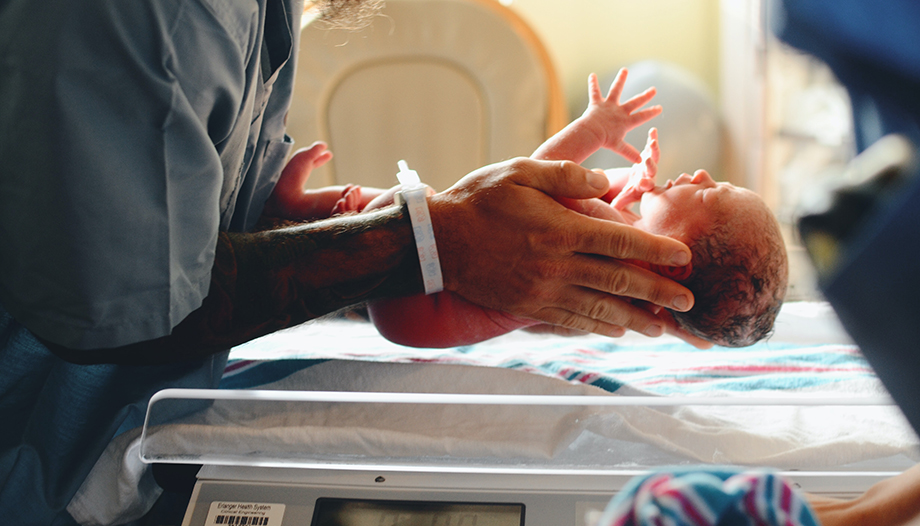– Supernatural Redmadre Foundation made public on December 14, 2009, the Maternity Mapwhich analyzes public aid to maternity and, specifically, to pregnant women in vulnerable situations offered in 2020 by the Spanish public administrations as a whole. In that report there is a scandalous and very sad fact: The total investment destined in 2020 by the set of public administrations in support of pregnant women in difficulties was 3,392,233 euros, while the aid for abortion was 32,218,185 million. Spending by public administrations as a whole in Spain on support for pregnant women has increased by only 2 euros since 2018.
Given this fact, one might wonder if there are people who think that abortion is a dish of pleasure for anyone. Because if the answer is no, what do we do if we do not help those women who want to become mothers and are experiencing difficulties to do so? Are we facing ideological imperatives beyond all logic and, of course, human sensitivity? Everything points to yes, since at the same time that abortion is promoted and financed, legal obstacles are put in the way of pro-life associations to inform and offer help to women who go to abortion clinics.
On the other hand, this data belies the idea that our political class, on whom these aids depend, has a developed social conscience. If this were the case, a law would have been enacted by now to combat social exclusion due to maternity, because in many cases, opting for maternity entails difficulties in obtaining a job, and even in keeping it. The underhand marginalization of motherhood means that many women are not free, but are under great pressure to choose life over abortion.
At the same time there is an alarming lack of vision for the future. Two days after the report we have learned that Spain has lost population for the first time in the last five years. According to data from the National Statistics Institute (INE), Spain currently has 47.32 million people, a decrease of 72,007 inhabitants compared to 2020.
All that we are living in this sense is well defined by the holy pope, John Paul II, who coined the term "culture of death" in his encyclical Evangelium Vitae. In it he points out that "with the new perspectives opened up by scientific and technological progress, new forms of aggression against the dignity of the human being emerge, while at the same time a new cultural situation is being delineated and consolidated, which gives attacks on life an unprecedented and - it could be said - even more iniquitous aspect, giving rise to further and more serious concerns: broad sectors of public opinion justify certain attacks on life in the name of the rights of individual freedom, and on this presupposition they seek not only impunity, but even authorization on the part of the State, in order to practice them with absolute freedom and also with the free intervention of health structures". (Evangelium Vitae, num. 4).
More recently, Pope Francis, with his characteristic clarity, declared on the flight back to Rome from Slovakia last September: "Abortion is more than a problem, abortion is murder. Without half-words: whoever performs an abortion, kills". Then he asked himself two questions: "Is it right to kill a human life to solve a problem? (...) Second question: is it right to hire a hitman to solve a problem? (...) That is why the Church is so hard on this issue, because if she accepts this it is like accepting daily homicide".
Now, in the midst of Christmas, is a good time to reflect on this.









